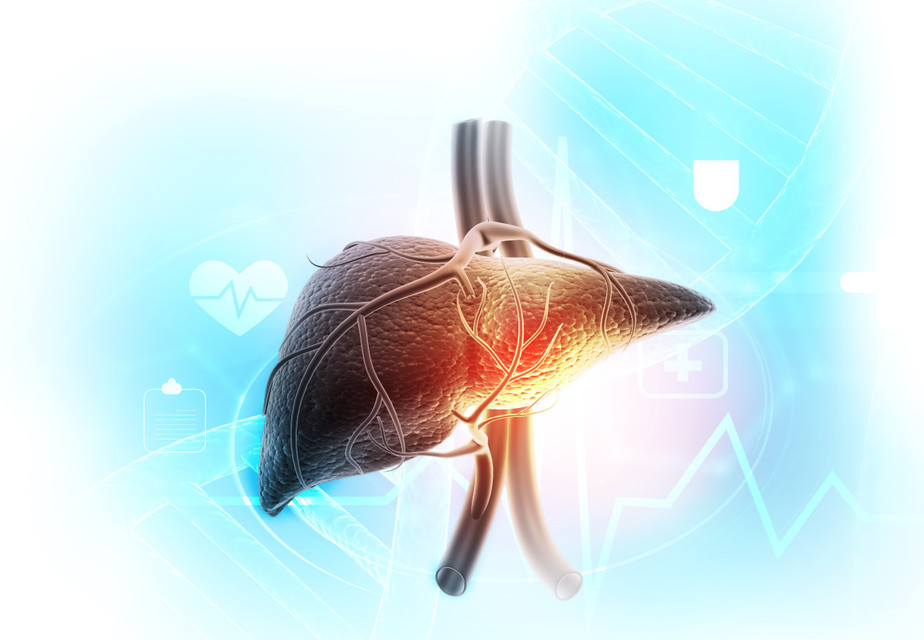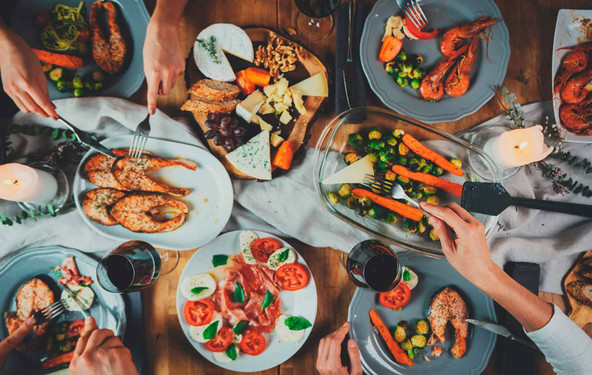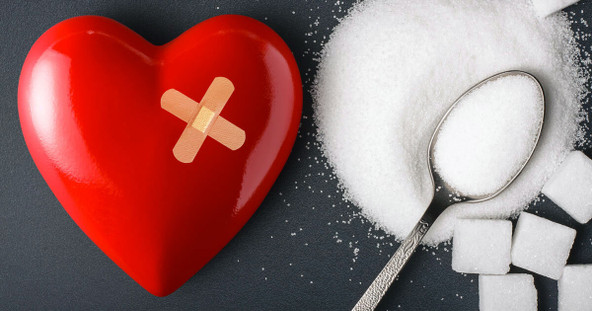Nov 3rd 2025
Your Liver May Need Special Care
Is your liver taking a beating? Are you an artist, painter or printer, or do you work in a dry cleaning establishment or photocopy shop? If so, you’re exposed to liver-damaging volatile organic solvents daily. Other types of jobs involve different unavoidable and heavy toxic exposures. Bicycle commuting in traffic exposes you to an unhealthy dose of air pollutants. Or do you have a liver disease like hepatitis, cirrhosis, alcohol or drug-induced liver disease, or elevated liver enzymes? (a test your doctor can give you to see if your liver is breaking down) Liver damage/disease are no fun. Fatigue, digestive problems, allergies and frequent colds, flu and other infections; rashes; various aches, pains and other discomforts; mood swings and an inability to deal with stress are just some of the unpleasant consequences of liver overload and disease. Liver Care is a carefully formulated blend of synergistic nutrients in their purest, most bioavailable forms, and includes the liv…
read more Fuel your life with the purest vitamins
Fuel your life with the purest vitamins








